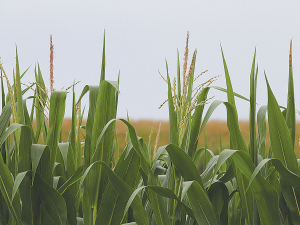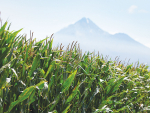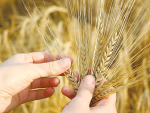The benchmark for world food commodity prices fell further in January, led by decreases in the prices for cereal and meat, says the Food and Agriculture Organization of the United Nations (FAO).
The FAO Food Price Index, which tracks monthly changes in the international prices of a set of globally traded food commodities, averaged 118 points in January, down 1% from December and 10.4% from January 2023.
The FAO Cereal Price Index declines 2.2% from the previous month.
Global wheat export prices declined in January, largely due to strong competition among exporters and the arrival of recently harvested supplies in the southern hemisphere countries.
Meanwhile, maize prices fell sharply, reflecting improved crop conditions and the start of harvest in Argentina and larger supplies in the United States.
By contrast, price quotations for rise rose 1.2% in January, a reflection of strong export demand for Thai and Pakistani higher quality Indica rice and additional purchases by Indonesia.
The FAO Vegetable Oil Price Index rose marginally by 0.1% from December. However, this is still 12.8% lower than a year earlier.
The FAO says this reflects moderate increases in international palm and sunflower seed oil prices offsetting declines in the prices of soy and rapeseed oils.
World palm oil prices were driven by seasonally lower production in major producing countries and concerns over unfavourable weather conditions in Malaysia.
At the same time, increased import demand slightly pushed up sunflower seed oil prices.
By contrast, international soy and rapeseed oil prices declined due to prospects for large supplies from South America and lingering ample availability in Europe, respectively.
The FAO Dairy Price Index remained virtually unchanged from its revised December value, standing 17.8% below its value a year ago.
In January, international price quotations for butter and whole milk powder increased largely due to higher demand from Asian buyers, nearly offsetting declines in those for skim milk powder and cheese.
For the seventh consecutive month, the FAO Meat Price Index declined, this time by 1.4% on its December value.
This is because abundant supplies from leading export countries drove down international prices of poultry, bovine and pig meats.
By contrast, international ovine meat prices increased on high global import demand and lower supplies of animals for slaughter in Oceania.
The FAO Sugar Price Index in January was up by 0.8% from the previous month, underpinned by concerns over the likely impact of below-average rains in Brazil on sugarcane crops to be harvested from April, coupled with unfavourable production prospects in Thailand and India.



















